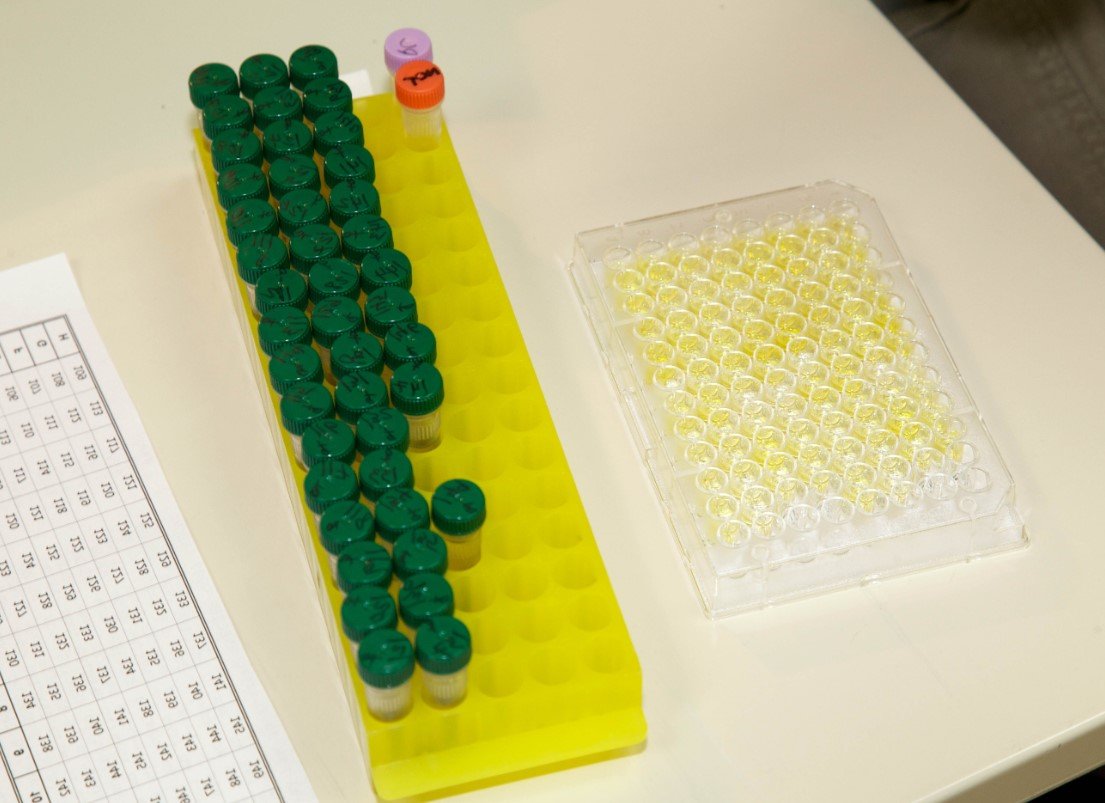The global market for genetic testing, which involves analyzing DNA, RNA, or proteins to detect genetic variations, diseases, or traits, is expected to hit $28.24 billion by 2030, according to a new report by Meticulous Research. The report attributes the market growth to various factors, such as the increasing demand for personalized medicine, the rising prevalence of genetic disorders, the technological advancements in sequencing and testing methods, and the decreasing costs of genetic testing.
Personalized Medicine: A Key Driver for Genetic Testing
One of the key drivers for the genetic testing market is the increasing demand for personalized medicine, which is a medical approach that tailors treatment and prevention strategies to an individual’s genetic profile, lifestyle, and environment. Personalized medicine can help improve the diagnosis, prognosis, and treatment of various diseases, such as cancer, cardiovascular diseases, neurological disorders, and infectious diseases.

Genetic testing can play a vital role in personalized medicine, as it can help identify the genetic variants that influence an individual’s susceptibility, response, and resistance to certain diseases and drugs. Genetic testing can also help determine the optimal dosage, timing, and combination of drugs for an individual, based on their genetic makeup. This can help reduce the adverse effects, increase the efficacy, and enhance the quality of life of the patients.
According to the report, the personalized medicine segment accounted for the largest share of the genetic testing market in 2023, and is expected to grow at the highest CAGR during the forecast period. The report cites the growing awareness and acceptance of personalized medicine among patients and healthcare providers, the increasing investment and research in this field, and the supportive government policies and initiatives as the main factors driving this segment.
Genetic Disorders: A Major Challenge for Public Health
Another major driver for the genetic testing market is the rising prevalence of genetic disorders, which are diseases or conditions that are caused by changes or mutations in the genes or chromosomes. Genetic disorders can affect various aspects of health, such as growth, development, metabolism, immunity, and reproduction. Some of the common genetic disorders include cystic fibrosis, sickle cell anemia, hemophilia, Down syndrome, Huntington’s disease, and Duchenne muscular dystrophy.
Genetic disorders pose a significant challenge for public health, as they can cause morbidity, mortality, disability, and reduced quality of life for the affected individuals and their families. Genetic disorders can also impose a huge economic burden on the healthcare system and the society, due to the high costs of diagnosis, treatment, and care.
Genetic testing can help address this challenge, as it can help prevent, diagnose, and manage genetic disorders. Genetic testing can help identify the carriers of genetic disorders, who can pass the mutated genes to their offspring. Genetic testing can also help screen the fetuses, newborns, and children for genetic disorders, and provide early intervention and treatment. Genetic testing can also help monitor the progression and response of genetic disorders, and provide counseling and support to the patients and their families.
According to the report, the genetic disorders segment accounted for the second-largest share of the genetic testing market in 2023, and is expected to grow at a significant CAGR during the forecast period. The report attributes the market growth to the increasing incidence and awareness of genetic disorders, the availability and accessibility of genetic testing services, and the development and approval of novel therapies and drugs for genetic disorders.
Technological Advancements: A Catalyst for Innovation and Expansion
A third driver for the genetic testing market is the technological advancements in sequencing and testing methods, which have enabled faster, cheaper, and more accurate analysis of genetic material. Sequencing methods, such as next-generation sequencing (NGS) and third-generation sequencing (TGS), have revolutionized the field of genomics, by allowing the generation of large amounts of data in a short time and at a low cost. Testing methods, such as polymerase chain reaction (PCR), microarray, and fluorescence in situ hybridization (FISH), have improved the detection and quantification of genetic variations, diseases, and traits.
Technological advancements have also facilitated the innovation and expansion of genetic testing applications, such as pharmacogenomics, nutrigenomics, epigenetics, and metagenomics. Pharmacogenomics is the study of how genes affect the response to drugs, and can help optimize drug therapy and reduce adverse reactions. Nutrigenomics is the study of how genes and nutrition interact, and can help design personalized diets and supplements. Epigenetics is the study of how environmental factors affect gene expression, and can help understand the mechanisms and implications of gene-environment interactions. Metagenomics is the study of the genetic material of microbial communities, and can help identify and characterize the microorganisms that inhabit various environments, such as the human body, soil, and water.
According to the report, the technological advancements segment accounted for the third-largest share of the genetic testing market in 2023, and is expected to grow at a robust CAGR during the forecast period. The report highlights the increasing research and development activities, the rising adoption and integration of advanced technologies, and the emergence and expansion of new applications as the key factors driving this segment.
Decreasing Costs: A Factor for Accessibility and Affordability
A fourth driver for the genetic testing market is the decreasing costs of genetic testing, which have made it more accessible and affordable for a wider range of users. The costs of genetic testing have declined significantly over the years, due to the improvements in sequencing and testing technologies, the economies of scale, and the competition among the service providers. For instance, the cost of sequencing a human genome, which was around $100 million in 2001, has dropped to less than $1,000 in 2023, according to the National Human Genome Research Institute.
The decreasing costs of genetic testing have also increased the demand and utilization of genetic testing services, especially in the emerging markets, such as Asia-Pacific, Latin America, and the Middle East and Africa. These regions have a large and growing population, a high burden of genetic disorders, and a rising awareness and acceptance of genetic testing. The decreasing costs of genetic testing have also enabled the development and launch of direct-to-consumer (DTC) genetic testing products, which allow the consumers to access and interpret their genetic information without the involvement of a healthcare professional.
According to the report, the decreasing costs segment accounted for the fourth-largest share of the genetic testing market in 2023, and is expected to grow at a moderate CAGR during the forecast period. The report cites the increasing availability and affordability of genetic testing services, the growing demand and penetration of genetic testing in emerging markets, and the emergence and popularity of DTC genetic testing products as the main factors driving this segment.



















